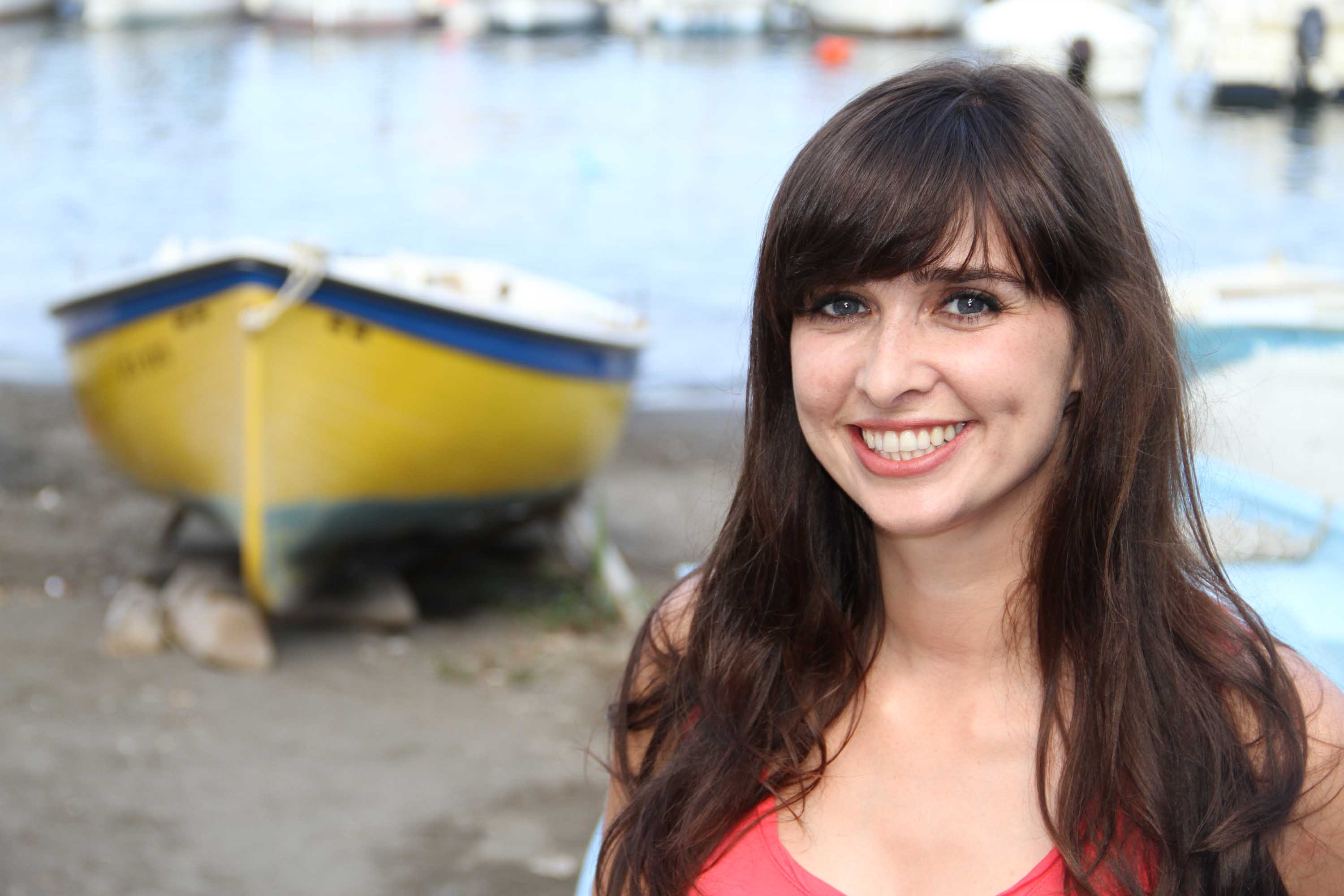To begin, how did you first become interested in mathematics and physics?
Every time I come home to Mayo on a clear night I am astounded by the night sky and it always brings a smile to my face. I think that’s where my interest in space and physics began, but I also used to read a lot of science fiction from Arthur C. Clarke to Anne McCaffrey and I think those stories really showed how creative and imaginative science can be. I never felt that I was naturally gifted at mathsbut in our family I think we were all brought up to persevere in fixing problems and I think that same work ethic has followed me through my studies in mathematics and physics.
Who are your favourite scientists and mathematicians and why?
I’m not sure if I can say I have a favourite scientists and I would like to study more of the history behind mathematicians and their works but I very much admire people like Hilbert who resolved mathematical problems not knowing if they would ever have applications. I would have loved to have met Richard Feynman and sat in on his lectures. He seems like someone who was extremely charismatic and communicated science tremendously well.
What areas of theoretical physics do you find most exciting and why?
I very much enjoyed Fluid Dynamics in my undergraduate studies and found general relativity utterly fascinating. Although I enjoyed particle physics, after spending a summer at CERN as part of a studentship I realised that the experimental side of physics wasn’t for me! In my teaching career I have found that teaching the fundamentals of algebra and calculus are incredibly important and I have enjoyed trying to find new ways of introducing these topics to students.
Was physics and higher level mathematics in your secondary school popular among girls?
There were only six girls in my higher level maths class at school and, while there were around 15 in physics, nobody seemed to want to continue studying the subjects. I studied both these with friends from the local boys’ school at weekends and the collaborative element of trying to solve problems really benefited my understanding of both topics and studying in a group is something that we continued in our undergraduate studies.
What was your experience of being one of very few girls studying theoretical physics at university?
There were three girls and nine boys in our theoretical physics class, and gender never really seemed to be an issue. Everyone has gone down different routes from finance to astrophysics demonstrating the number of doors that are open to graduates with mathematics skills.
Why did you decide to study mathematics education?
After teaching for a number of years I was invited to begin a PhD with the School of Education in Trinity College Dublin. Having taught in a Project Maths pilot school and facilitating professional development courses on the new curriculum, I was very interested in researching reforms in mathematics teaching. I also began lecturing mathematics pedagogy which prompted me to read around other elements of mathematics education research.
Do you think mathematics education is improving in secondary schools?
Reform of mathematics teaching is happening all over the world. There is less of a need for students to remember formula and more of a demand to develop higher-order thinking and problem solving skills. I think there is huge change happening in both primary and post-primary schools in Ireland in how mathematics is taught and experienced and more and more students are developing deeper understanding of mathematical topics, communicating their mathematical thinking both in and outside of the classroom, and are also beginning to appreciate the multi-faceted applications of mathematics.
Mathematics teachers often have to teach students of mixed ability, which is harmful to both struggling and talented students. Do you think there would be any value in allowing students with exceptional mathematical ability to be taught separately to others?
All students have the right to be encouraged and provided with opportunities to reach their full potential. We have a very negative opinion of mathematics in Ireland where many people think one is either born good or bad at the subjects. Instead of regaling our young people with our negative experiences we can encourage a growth mindset which promotes the message that the more you work at a topic, the better you can be at it. Developing mathematical understanding and skills comes from practice and teachers have the pedagogical content knowledge to design and choose activities which are relevant to individual students’ needs to develop their mathematical thinking. I don’t think streaming students earlier in their education provides a solution to ensuring that our students leave post-primary education with an understanding of mathematics and with the ability to utilise their skills in their everyday and working lives. I do think however that Applied Mathematics should be encouraged and developed more as an advanced element of the topic for students who are interested in mathematics.
I know you are involved with the Science Gallery. Can you please tell me a little bit about that?
I have enjoyed working with the Science Gallery for a number of years now. It’s a real privilege to be part of the Leonardo group, to meet people from all walks of life and to discuss various ideas around science and art. Last year I was delighted to co-curate the RISK Lab exhibition with Pr. David Spiegelhalter in bringing the mathematics of statistics and probability to life. I think the Science Gallery provides an important environment for people to engage in science ideas in a unique and interesting way.







